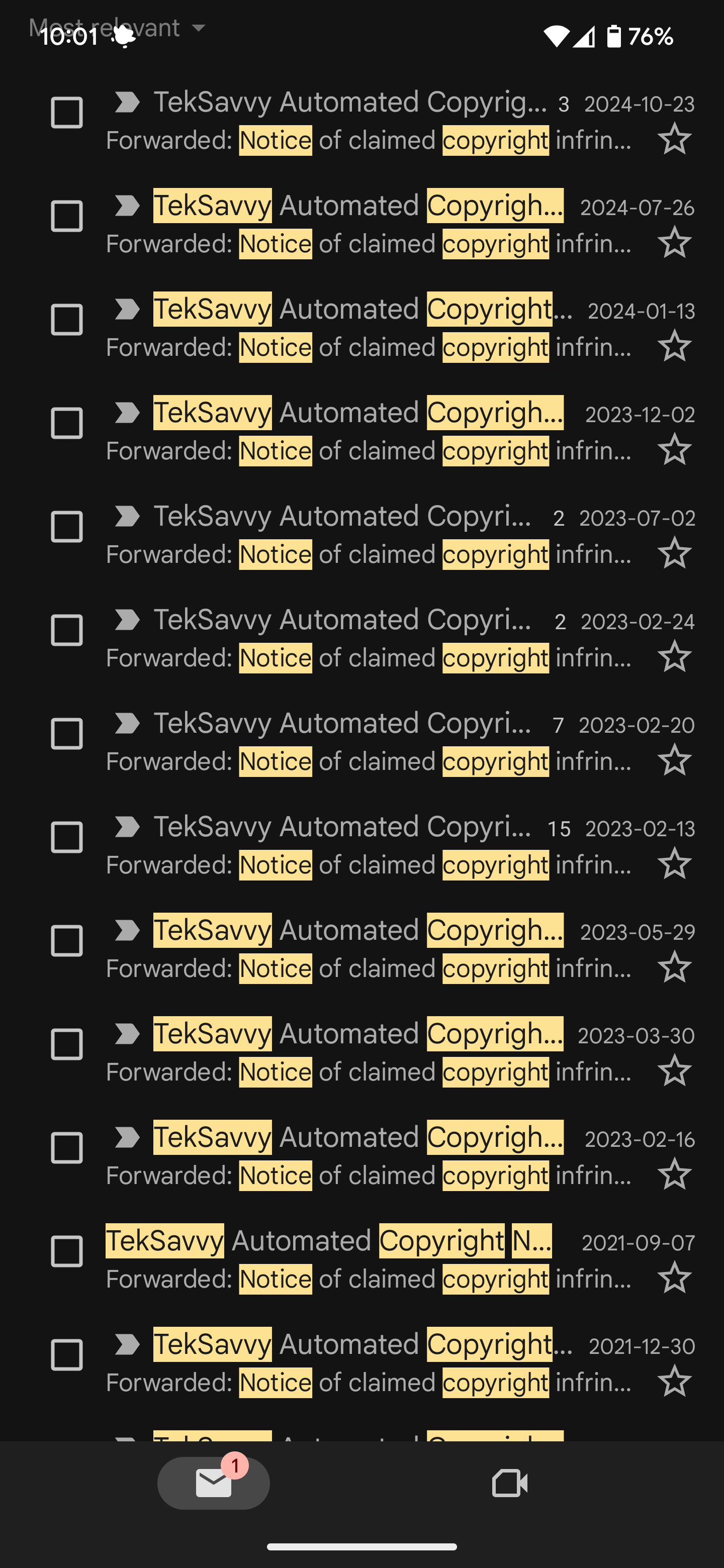

“[…] In exchange for a waiver of fees accrued since 2023”
Sounds like Oracle got them with the good 'ol “buy an even bigger license or we’ll sue you”


“[…] In exchange for a waiver of fees accrued since 2023”
Sounds like Oracle got them with the good 'ol “buy an even bigger license or we’ll sue you”


There are low powered FM transmitters you can get for your car
FM transmitter plugs into cigarette lighter for power
iPod connects to FM transmitter via AUX cord
You tune your cars radio to whatever frequency the transmitter is set to, and it plays whatever your iPod is playing
> want to compile 50kb C++ console app on windows
> 6 GB MSVC installation


I collect these like pokemon 🙃

You should look at how OPs example works first maybe
The python interpreter isn’t parsing comments, the add() function is just getting the current line number from the call stack context, and using a regex to spit out the numbers to the right of the “#” on the current executing line of the source code.
Do you stay away from C++ too? You can do this there too
https://en.cppreference.com/w/cpp/utility/source_location/line
This stuff is normally used for creating human readable error messages. E.g. printing the line of your code that actually set off the exception
The add function in the example above probably traverses the call stack to see what line of the script is currently being executed by the interpreter, then reads in that line in the original script, parses the comment, and subs in the values in the function call.
This functionality exists so when you get a traceback you can see what line of code triggered it in the error message


The library is a mile from me too, that’s a 30 minute round trip, or I have to drive and pay for parking
I bought a $60 inkjet 10+ years ago. Every 3-4 years I buy a multipack of aftermarket ink for $30. Every 18 months when the cartridge dries up half full in my printer I chuck it knowing the $5 of ink I just wasted saved me $400 in billable hours


if I didn’t have a printer I would need a standalone scanner, which costs almost the same amount
Driving to Staples to print a $0.10 page wastes $50 worth of time and gas
A cheap printer pays for itself very quickly.
If you know the key is composed of English language words you can skip strings of letters like “ZRZP” and “TQK” and focus on sequences that actually occur in a dictionary
You don’t memorize RSA keys
No im saying if your password size is limited to a fixed number of characters, as is the case with RSA keys, words are substantially less secure
“can you string words to form a valid RSA key”
“Yes this is the most secure way to do it”
“No, it’s not when there is a fixed byte length”
-> where we are now
we are talking about RSA keys - you don’t memorize your RSA keys
if you rely on memorizing all your passwords, I assume that means you have ample password reuse, which is a million times worse than using a different less-secure password on every site
Sure but we aren’t talking about that
You memorize your RSA keys?
We are talking about RSA though, so there is a fixed character length and it isn’t meant to be remembered because your private key is stored on disk.
Yes the word method is better than a random character password when length is unbounded, but creating secure and memorable passwords is a bit of an oxymoron in today’s date and age - if you are relying on remembering your passwords that likely means you are reusing at least some of them, which is arguably one of the worst things you can do.
Words are the least secure way to generate a password of a given length because you are limiting your character set to 26, and character N gives you information about the character at position N+1
The most secure way to generate a password is to uniformly pick bytes from the entire character set using a suitable form of entropy
Edit: for the dozens of people still feeling the need to reply to me: RSA keys are fixed length, and you don’t need to memorize them. Using a dictionary of words to create your own RSA key is intentionally kneecapping the security of the key.
I was like you, until my mid-30s hit
Now buffalo wings will have me waking up at 3am with acid reflux even though I didn’t even register spice while I was eating them 6 hours earlier